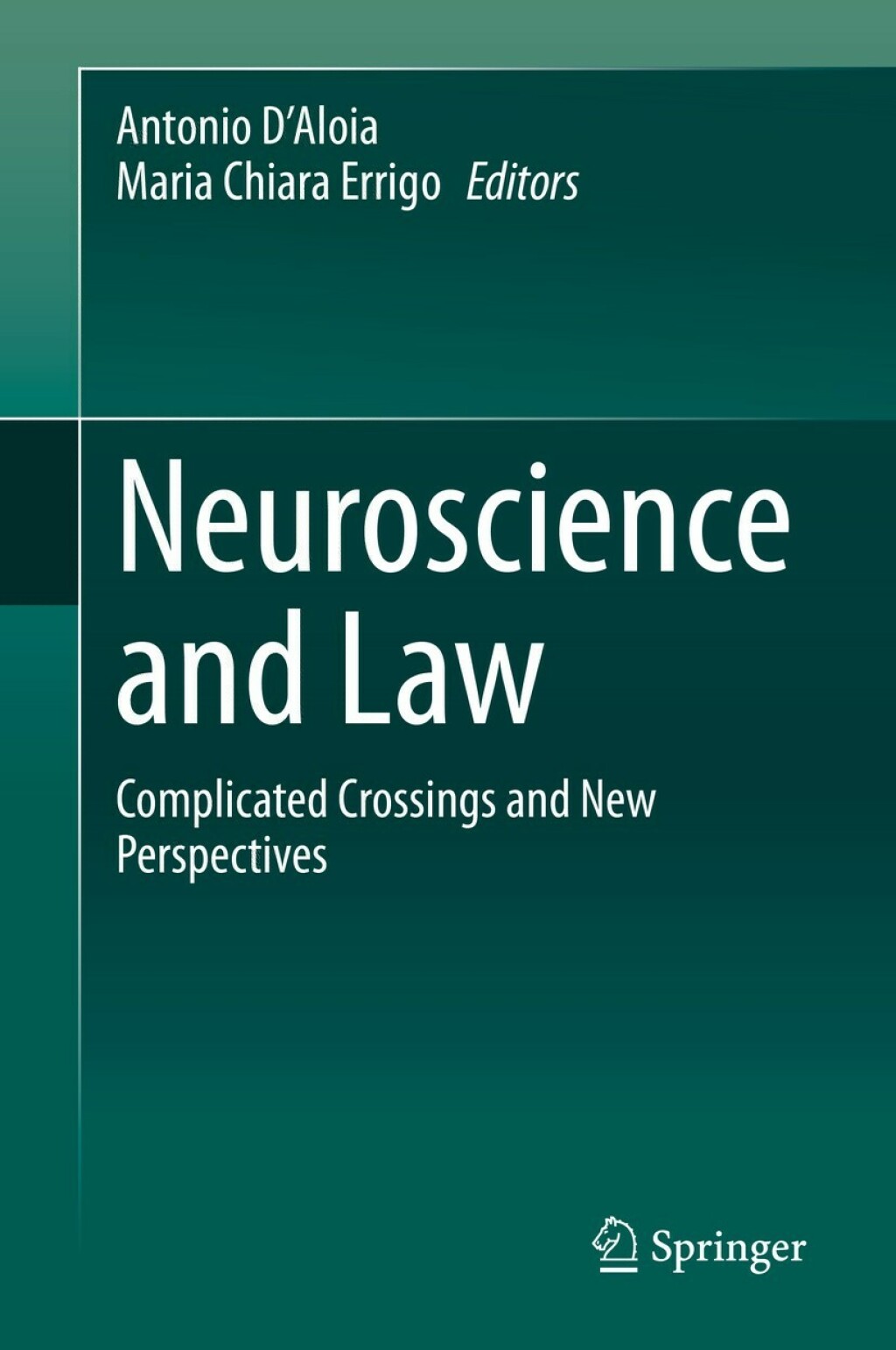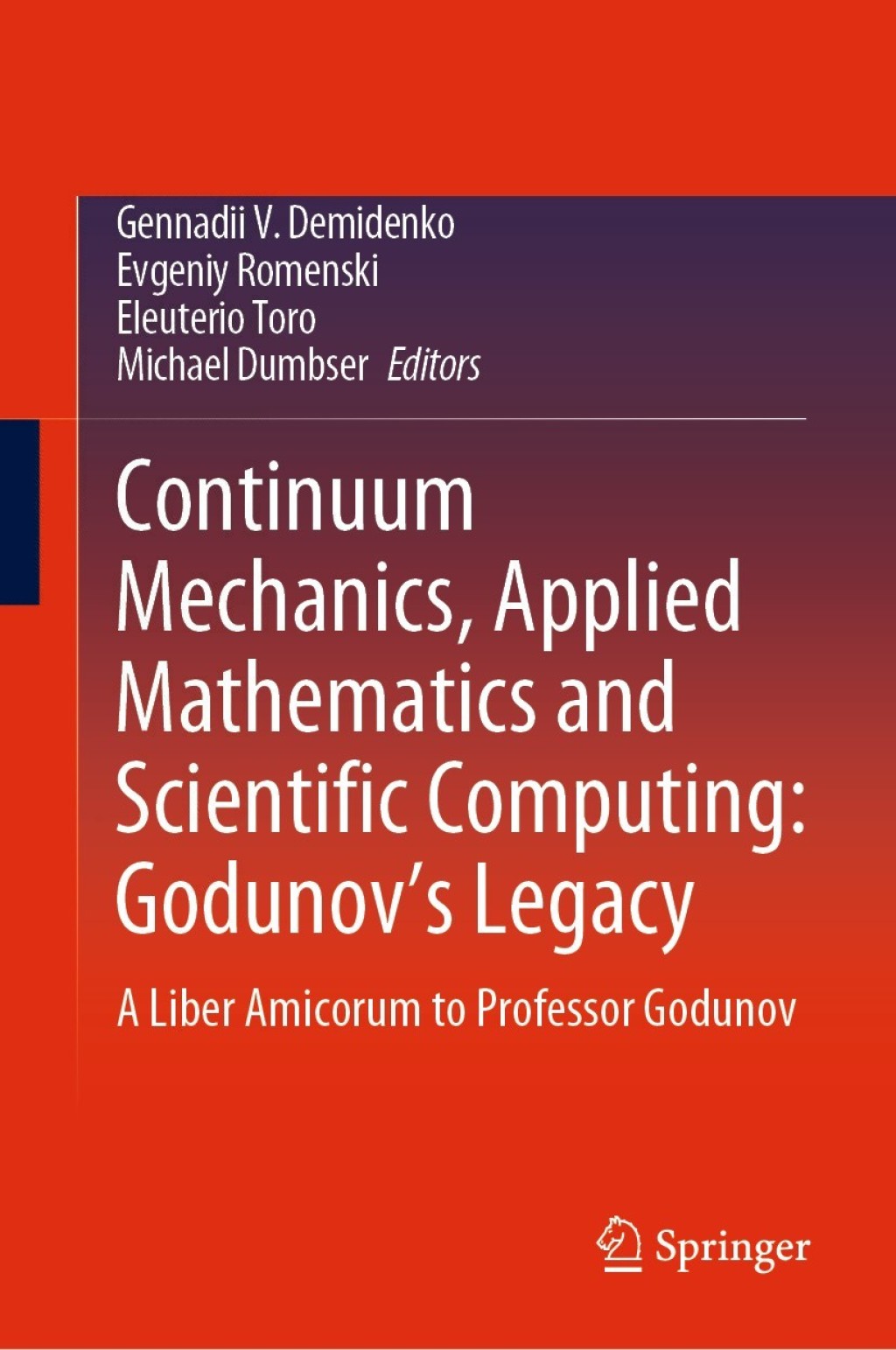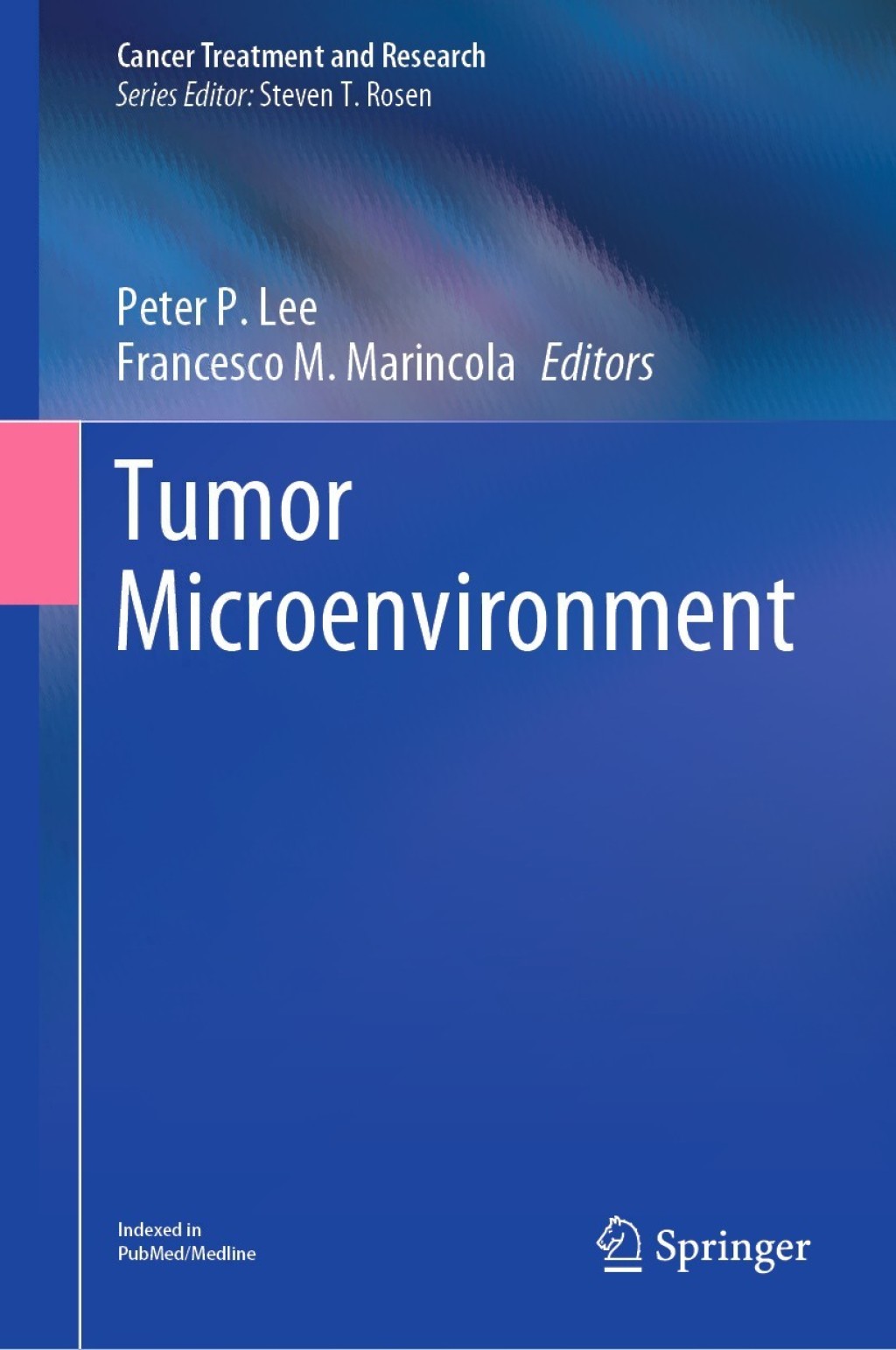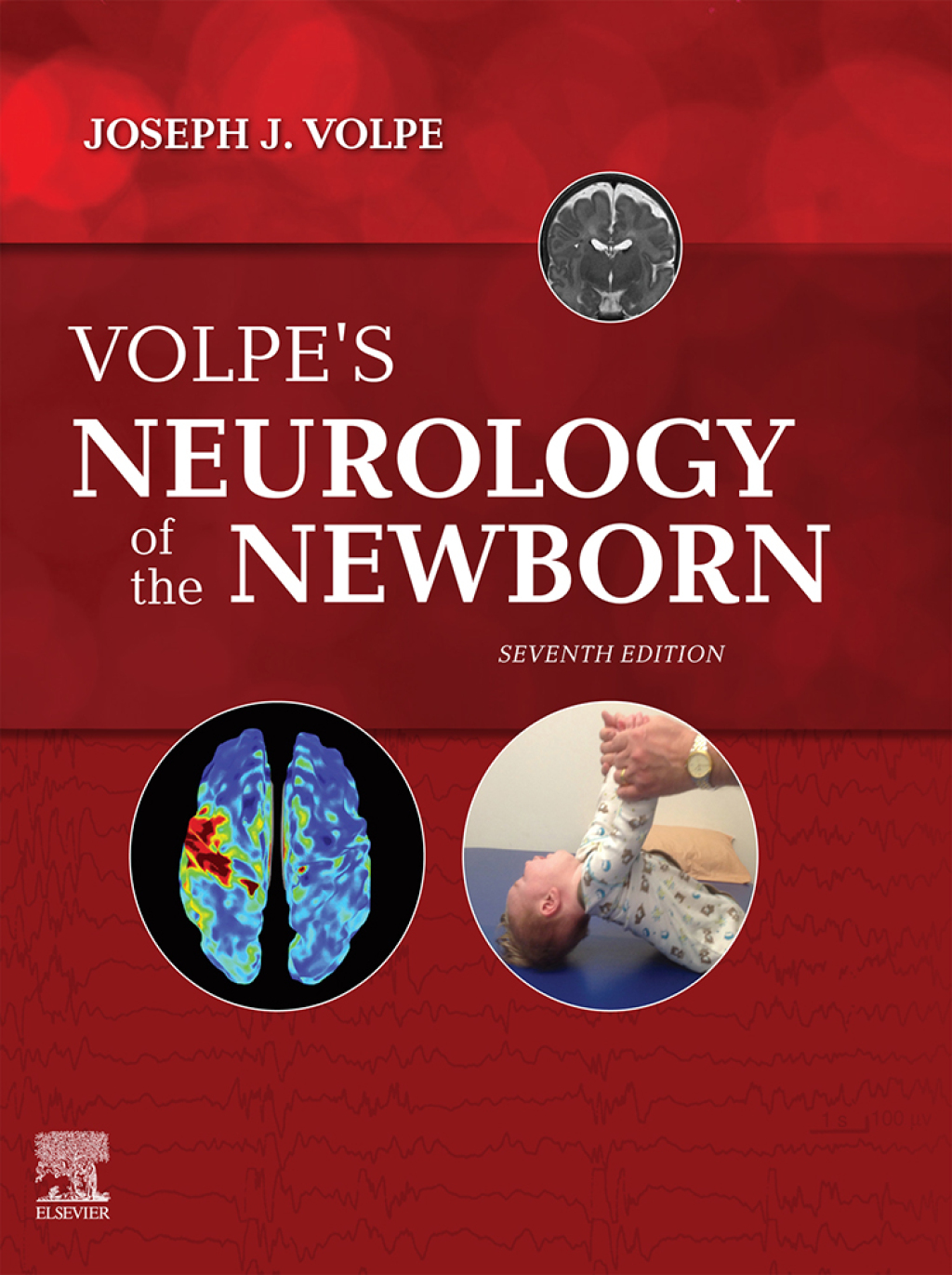This book addresses the biological processes relevant to the immune phenotypes of cancer and their significance for immune responsiveness, based on the premise that malignant cells manipulate their surroundings through an evolutionary process that is controlled by interactions with innate immune sensors as well as the adaptive recognition of self/non-self. Checkpoint inhibitor therapy is now an accepted new form of cancer treatment. Other immuno-oncology approaches, such as adoptive cell therapy and metabolic inhibitors, have also shown promising results for specific indications. Immune resistance is common, however, limiting the efficacy of immunotherapy in many common cancer types. The reasons for such resistance are diverse and peculiar to the immune landscapes of individual cancers, and to the treatment modality used. Accordingly, approaches to circumvent resistance need to take into account context-specific genetic, biological and environmental factors that may affect the cancer immune cycle, and which can best be understood by studying the target tissue and correlated systemic immune markers. Understanding the major requirements for the evolutionary process governing human cancer growth in the immune-competent host will guide effective therapeutic choices that are tailored to the biology of individual cancers.
“Basic Immunology Functions and Disorders of the Immune System 7th Edition” has been added to your cart. View cart
Tumor Microenvironment 1st Edition
Author(s): Peter P. Lee; ‎Francesco M. Marincola
Publisher: Springer
ISBN: 9783030388614
Edition: 1st Edition
$39,99
Delivery: This can be downloaded Immediately after purchasing.
Version: Only PDF Version.
Compatible Devices: Can be read on any device (Kindle, NOOK, Android/IOS devices, Windows, MAC)
Quality: High Quality. No missing contents. Printable
Recommended Software: Check here










